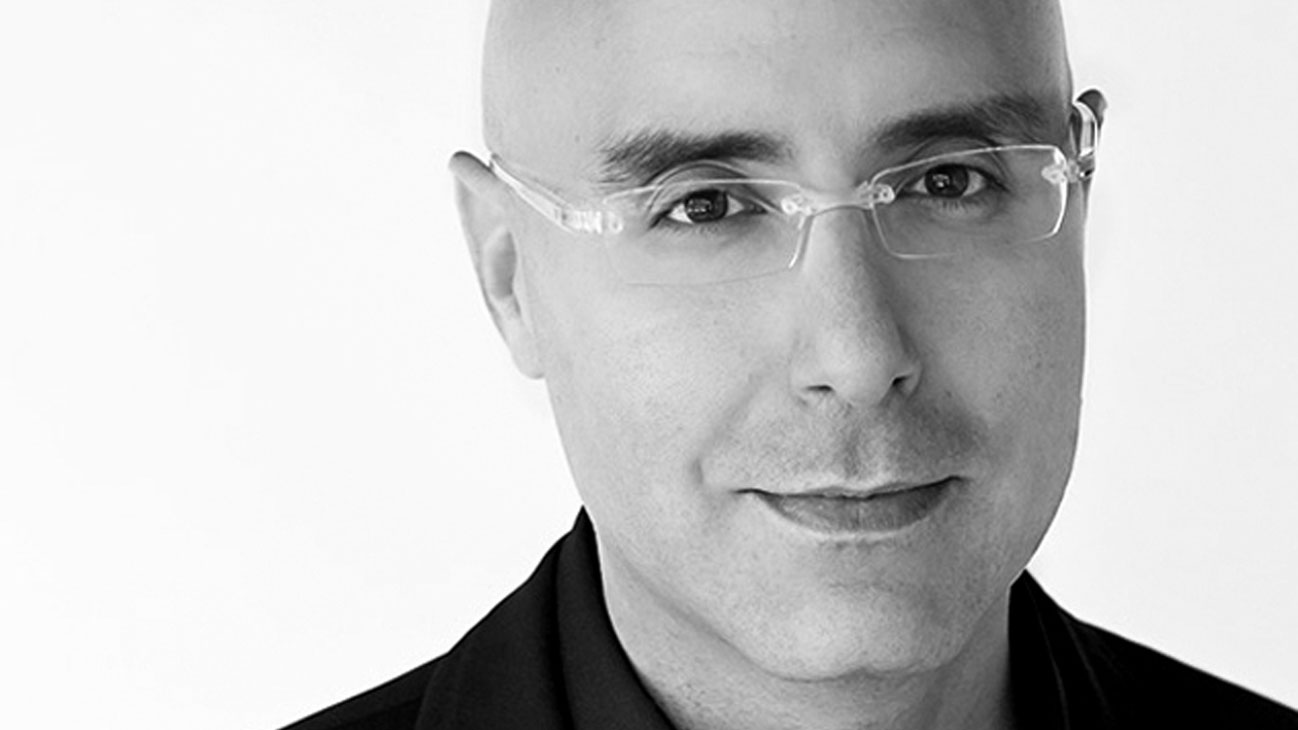When Google wanted to explain digital marketing to the top brands in the world, they brought none other than Mitch Joel to the Googleplex in Mountain View, California. Marketing Magazine dubbed him the “Rock Star of Digital Marketing” and called him “one of North America’s leading digital visionaries.” Mitch helps companies understand and harness digital-marketing and new-media opportunities, allowing them to stay on top of, and ahead of, the trends—in social media, blogging, podcasting, mobile, e-commerce, and more. Mitch takes a look at the often-confusing world of email, below:
I suck at email. I think.
It’s a form of technology and communication that fascinates me. Fundamentally, email hasn’t changed that much since it was first invented. Most of us still struggle with how we sort, file and keep conversations across devices and email addresses. The rest of us take part in daily gladiator-like battles against the inbox. I’m usually quite good at taming my inbox (though, I rarely get to inbox zero). Lately, it has become embarrassingly unwieldy (and, if you’re reading this and I have yet to respond to your email, I will… promise… and, I’m sorry!).
Email reminds me of one thing: Tetris. The emails keep dropping in, we respond and move them as quickly as we can, but sure enough, they eventually just pile up – one on top of the other – until… it’s game over. Some people declare email bankruptcy. I haven’t done that, but I have declared voice-mail bankruptcy (and, it has worked out… I think). What has changed dramatically in the world of email is the etiquette in writing, reading even sending these digital correspondences. Email has become ubiquitous part of day-to-day life (along with the pervasiveness of mobile devices). Many professionals choose email over meeting in person, placing a phone call or even Skype. It feels like we’re writing and reading much more than anyone ever suspected we might.
When do you send your emails?
I used to half-jokingly tell people at the office that I was heading home to get some work done. It’s easy to get sucked into the vortex of emails (buffered by meetings) before realizing that the day has escaped you, and that the real critical work (the reason that you were hired) hasn’t been done. I’ve lost many days of sunlight grappling with the inbox. I’m the one usually tapping out by the end of the day. While many “experts” in productivity will tell you to work on the most important stuff first, my email habits are pretty straightforward. I’m best at getting through email first thing in the morning (along with a latte to keep me going), then a minor email spurt after lunch and then again later in the evening (listening to jazz music, if you must know). I also attempt to play catch-up over the weekend, if I can. I’m not saying that my system is right. I am saying that my system seems to be right for me.
I am killing you all. Sorry.
Last week, Maura Thomas published an article on the Harvard Business Review website titled, Your Late-Night Emails Are Hurting Your Team. I was sent this article via a fellow team member at Mirum. It wasn’t, specifically, intended for me. It was more of a provocation.
From the article: “As a productivity trainer specializing in attention management, I’ve seen over the past decade how after-hours emails speed up corporate cultures — and that, in turn, chips away at creativity, innovation, and true productivity. If this is a common behavior for you, you’re missing the opportunity to get some distance from work — distance that’s critical to the fresh perspective you need as the leader. And, when the boss is working, the team feels like they should be working. Think about the message you’d like to send. Do you intend for your staff to reply to you immediately? Or are you just sending the email because you’re thinking about it at the moment, and want to get it done before you forget? If it’s the former, you’re intentionally chaining your employees to the office 24/7. If it’s the latter, you’re unintentionally chaining your employees to the office 24/7. And this isn’t good for you, your employees, or your company culture.”
Do as I say, not as I do.
Beyond a swift kick to the gut, this article reminded me of something very important: you’re only a workaholic if you’re truly missing balance in your life. In my second business book, CTRL ALT Delete, I talk a lot about the myths of work and life balance. Namely: work is a huge component of life – especially if you are driven by something that you are both passionate and skilled at – and the work that you are meant to do should never be relegated to any kind of corner. With that, true balance can best be visualized by thinking of life as a stool with three legs. The three legs are:
- Personal.
- Professional.
- Community.
Mitch Joel/March, 2015

